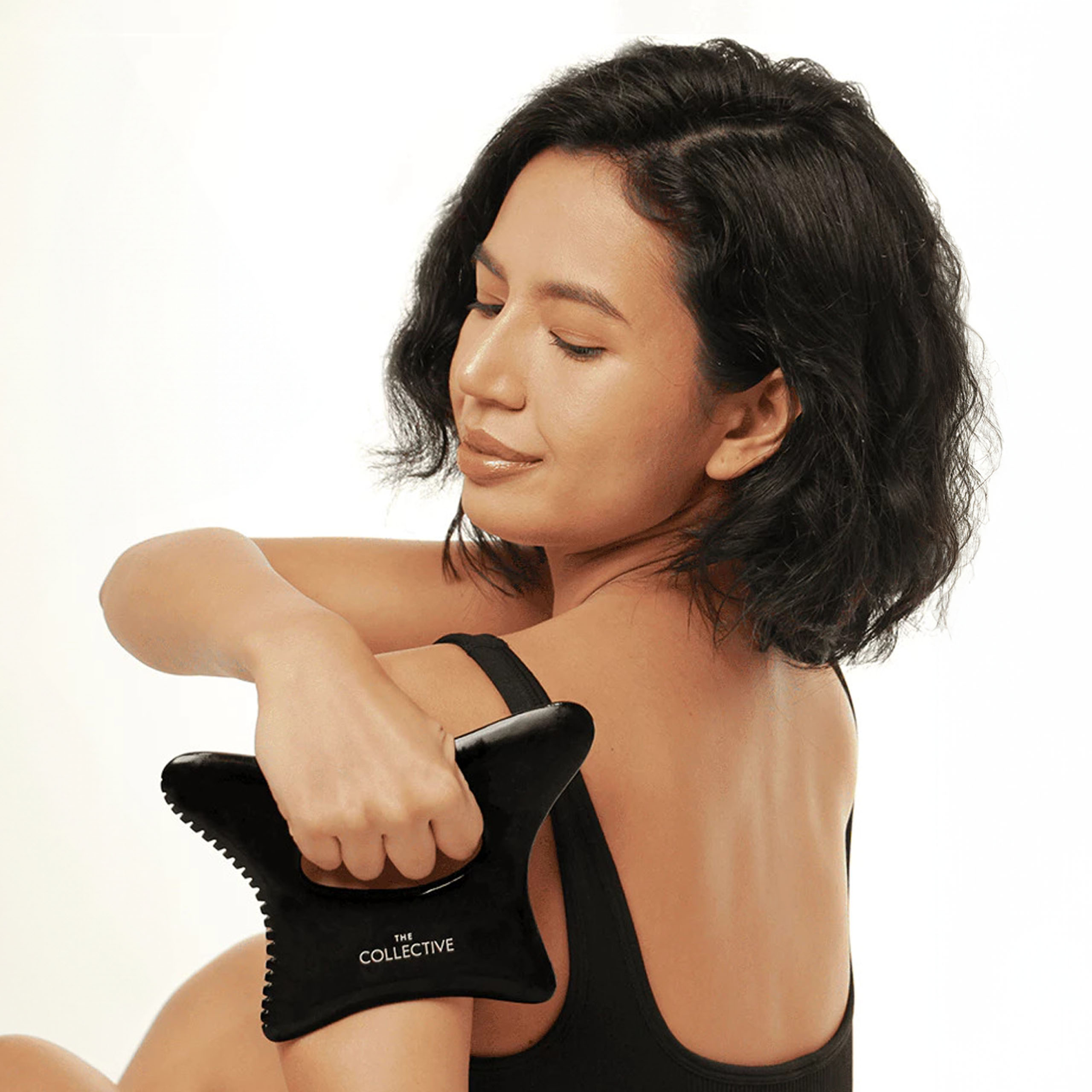Get to the root of your hair problems by adding scalp oils to your daily hair care routines for a shinier and more voluminous result
From hair perfumes to hair serums, another hair care product we can’t seem to live without is scalp oils. Unlike hair serums, scalp oils can effectively tackle the root of your hair problems by sealing in vitamins and minerals that lock in moisture and ultimately promote healthier hair growth. Such high-quality products would contain essential oils that have recorded benefits, from aromatic capabilities to improving scalp health, with little risk. Here’s a quick rundown on why it’s quickly become a staple in our hair care routines.
RELATED: Fast Facts on Hair and Scalp Care According to an Expert

What studies show
Let it not go unsaid that hair and scalp health is best improved by a healthy lifestyle and, in some cases, professional intervention—but scalp oils would be a low-risk and potentially beneficial addition to a hair care routine, as concluded in some peer-reviewed studies.
RELATED: How to Eat Your Way to Healthy Hair

Not only does hair oiling have strong indigenous roots in different cultures, but modern research affirms that oiling your scalp has positive effects. For example, coconut oil is known to have an antibacterial, antifungal, and moisturizing effect on the scalp. It’s also been observed that using coconut oil can help to detangle and smoothen your hair, as well as prevent protein loss. Similarly, castor oil can moisturize and nourish your hair, as well as provide a germicidal and fungicidal effect to protect the scalp. Other oils noted to have beneficial effects on the scalp are fenugreek oil, jaborandi oil, and sesame oil.
How to choose the right product
If you’re convinced by now of the benefits of hair oiling, here are some pointers before committing to one product.

For one thing, don’t forget to do a patch test to check whether you have an allergic reaction to certain ingredients. You don’t want to do more damage by blindly using a new product on your sensitive scalp. Secondly, keep in mind that different products tackle different needs. If you want to get a certain effect, remember to read the fine print on the product labels you’re browsing. You can also get expert advice from a trichologist for personalized product recommendations and advice.
Additionally, once you’ve settled on a product to buy, make sure it’s one you can sustainably maintain. This is because, as with any routine, the best results are achieved through daily and sustained use. Go for a product that’s accessible location-wise and smart budget-wise.










